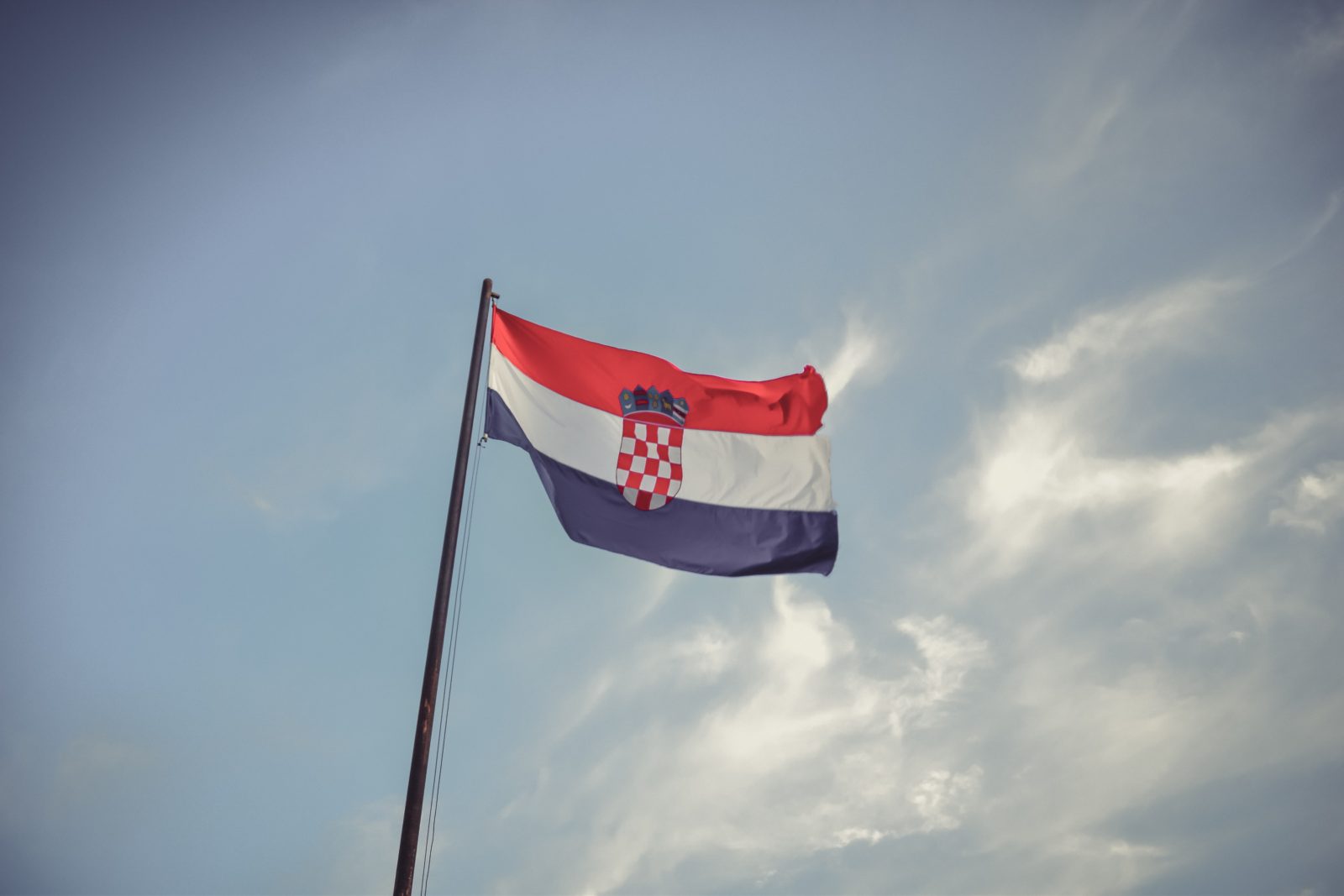EU interior ministers approved Croatia’s entry into the Schengen area on Thursday. Travelers from the Czech Republic and other parts of the free movement zone will be able to reach Croatia without border controls at the beginning of next year.
Negotiations on the country’s entry into Schengen lasted several hours. The unanimous “yes” was given after 2 p.m., Croatian Prime Minister Andrej Plenkovic and the Czech EU Presidency announced on Twitter.
Border controls at land and sea crossings will be phased out on January 1, 2023, and airport controls will be phased out on March 26, 2023.
However, EU interior ministers have not agreed on the admission of Romania and Bulgaria to the European free movement zone. This was confirmed by EU Commissioner Ylva Johansson, who said one member state was against Romania’s entry into Schengen and two against Bulgaria’s. Austria and the Netherlands, for example, were opposed, according to Focus weekly.
Austrian Interior Minister Gerhard Karneruz had already said before the negotiations began that he would oppose the enlargement of the Schengen area to include Romania and Bulgaria. He said it was wrong to expand a system that was not working. He was referring to the fact that large numbers of migrants are pouring into Austria, and the countries at the EU’s external borders are responsible for this, he said.
For example, the Netherlands has also expressed opposition to Bulgaria’s admission to Schengen because of concerns about the rule of law.
Significant relief for the Czechs
Interior Minister Vít Rakušan described the decision to admit Croatia as an excellent relief for the Czechs. “Of course, for Czech citizens, for whom Croatia is the most popular summer destination, it means a great relief. It means traveling without a passport; it means traveling without border controls,” he told journalists in Brussels. He regretted the non-admission of Romania and Bulgaria.










Join the action and rise to the top of the leaderboard Lucky cola